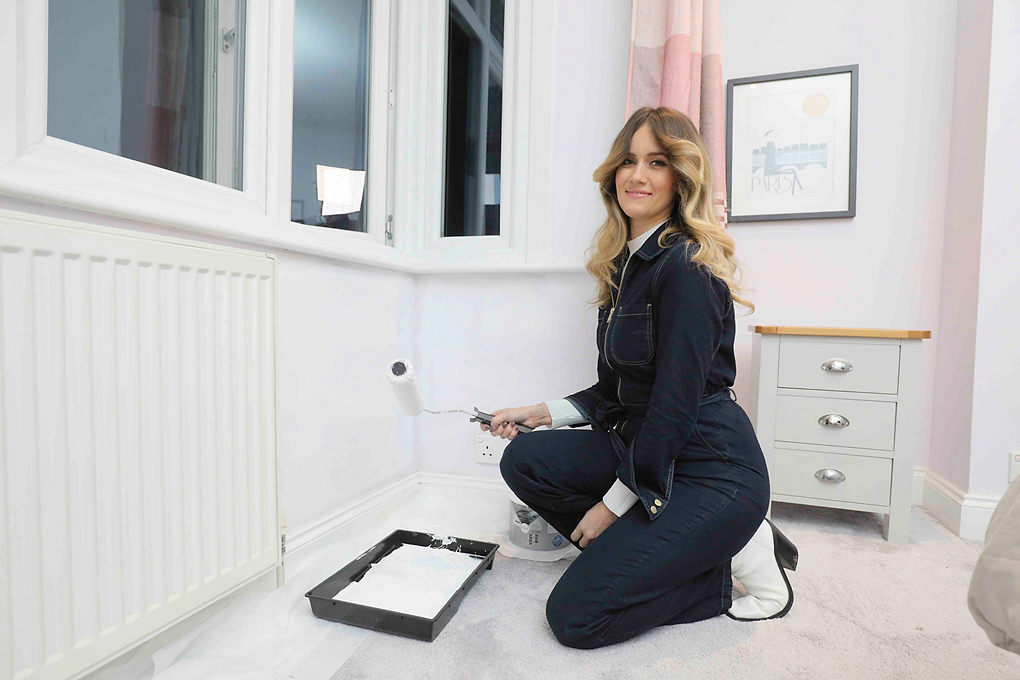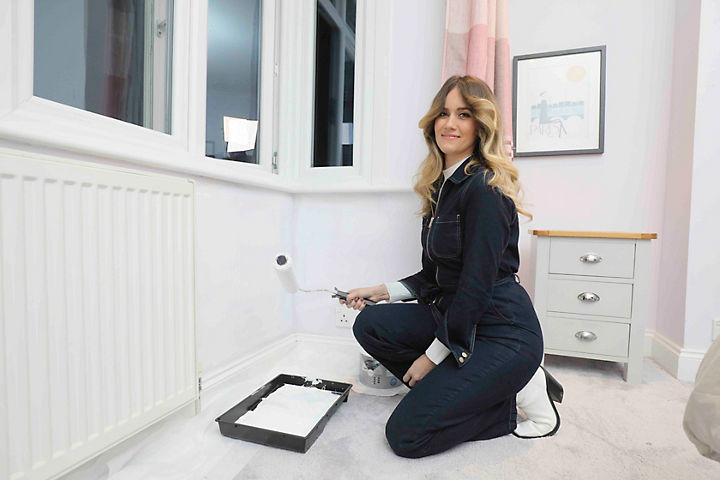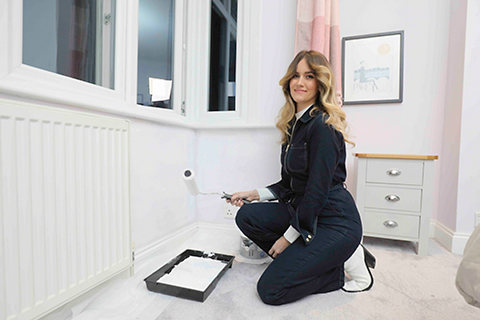Damp and mould FAQ's
Do you have a damp and mould problem at home but don't know where to start? We answer some of the common frequently asked questions surrounding damp and mould to help you break the mould for good.




How do I find out what’s causing damp and mould in my home?
There can be several reasons for damp and mould. In some cases, they’re caused by condensation – potentially down to a lack of ventilation or heating – but they can also be caused by penetrating or rising damp or leaky pipework.
You might need a damp expert to inspect your home if the cause isn’t clear.
What can I do to reduce damp and mould?
If the problems are caused by condensation, there are a few things you can do, for example
- cover pans when cooking
- use extractor fans in kitchens and bathrooms
- close internal doors when cooking or showering
- leave a gap between furniture and external walls
- dry clothes outside or use a vented tumble dryer
- open bedroom windows for 5-10 minutes when you get up
- try to keep your home heated to 15 degrees or more
If there are structural problems, for example leaking pipes or rising damp, you are likely to need an expert to assess and carry out work on your property.
Are damp and mould dangerous?
They can be. Damp and mould can cause breathing problems and skin rashes.
Who is responsible for damp and mould in a rented home?
Tenants should behave in a ‘tenant like manner’. This means doing day-to-day things to reduce the risk of damp, like making sure the property is properly ventilated and heated where possible, and not doing anything that’s likely to cause too much condensation.
But if the problems are structural – for example if they’re caused by penetrating damp or leaks, or if the heating isn’t working – the landlord is responsible for fixing the problem. They might also be responsible if there isn’t enough natural ventilation in your home.
Am I allowed to deal with damp and mould myself if I’m renting a property?
You should only do work if it’s your responsibility – if it’s work your landlord should be doing, leave it to them to sort out.
If you are going to carry out work, check with your landlord and read your tenancy agreement first – if you do work without your landlord’s permission or make problems worse you might lose money from your deposit when you leave.
My landlord says it’s my responsibility – what can I do?
If you can, get evidence of the damp and mould and what you think is causing them. If there are any structural problems, get photos or video. Keep records that show you’re looking after your home and keep a note of any changes to the damp and mould over time.
It’s best to write to your landlord to report problems so you have a record of what’s been discussed.
If the landlord isn’t doing anything, what else can I try?
If you’re renting privately, contact your local council. Most councils have an environmental health or private renting standards team who can investigate disrepair in rented properties. They can force your landlord to carry out any necessary work.
If you’re renting from a council or housing association, you can make a complaint. If necessary, the Housing Ombudsman can investigate.
You can also take your landlord to court if you need to. A court can order your landlord to do work, and also pay you compensation.
If I think the damp and mould are causing a health issue, can I end my tenancy and leave?
There isn’t an automatic right to end your tenancy. You’ll still need to give the right amount of notice. If you have a fixed term tenancy, sometimes it can be difficult to end it before the fixed term runs out.
But if you want to leave, talk to your landlord. Many landlords will be reasonable about letting you leave and you can try to negotiate a mutual agreement that the tenancy will end, called a ‘surrender’.
Could I get compensation?
If the damp and mould are your landlord’s fault and your health has been affected, your belongings have been damaged or you’ve not been able to use your home properly, you can ask for compensation or a rent reduction.
If you’re not able to agree on something you feel is fair, you can take your landlord to court. A court can consider the effect the problems have had on your health, the inconvenience of not being able to use your home properly and any financial loss you’ve suffered.
Does my landlord have to replace my belongings damaged by mould?
If your landlord is responsible for the damp and mould, you can argue that they should cover the cost of replacing any damaged belongings on a like-for-like basis.